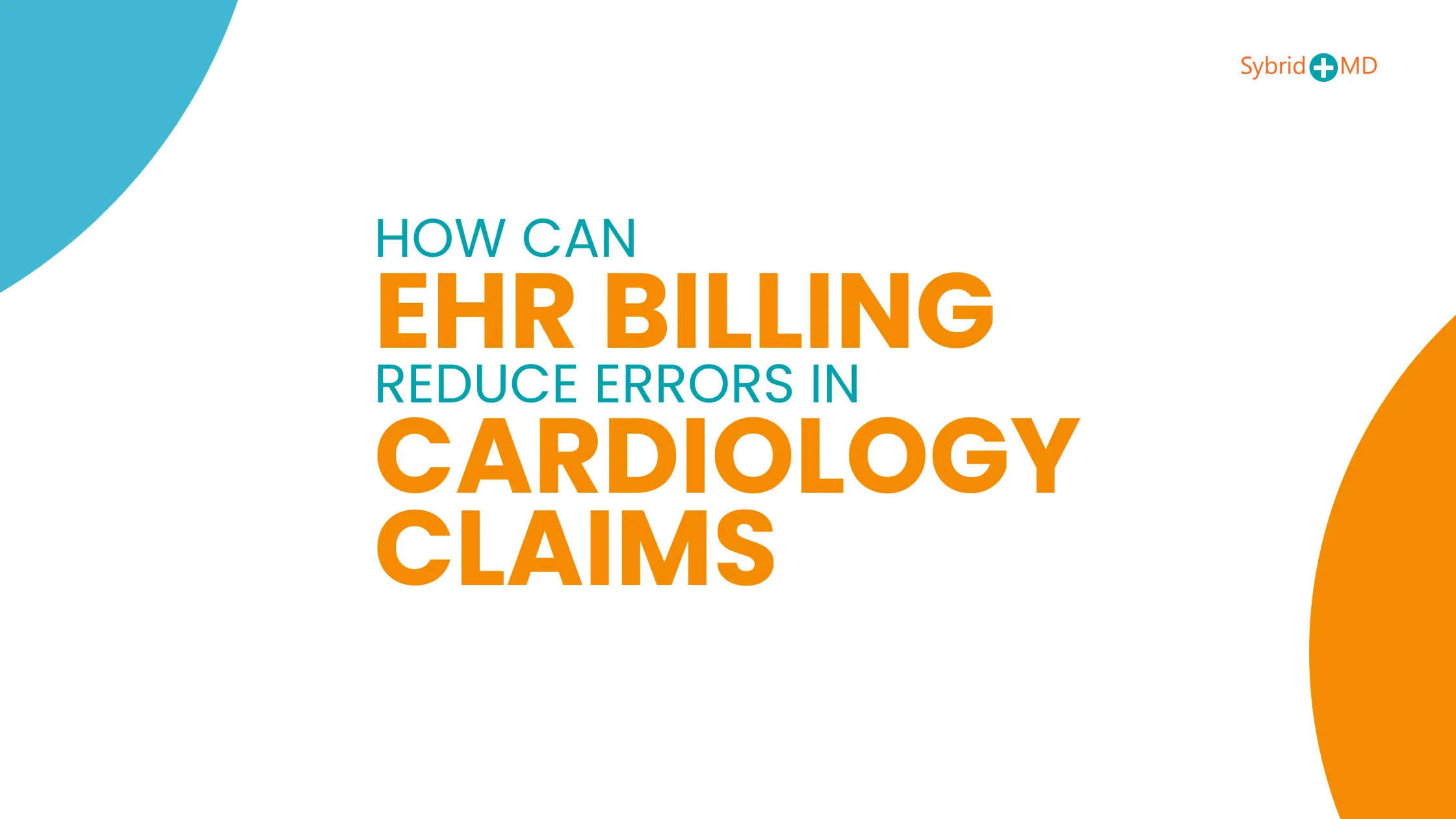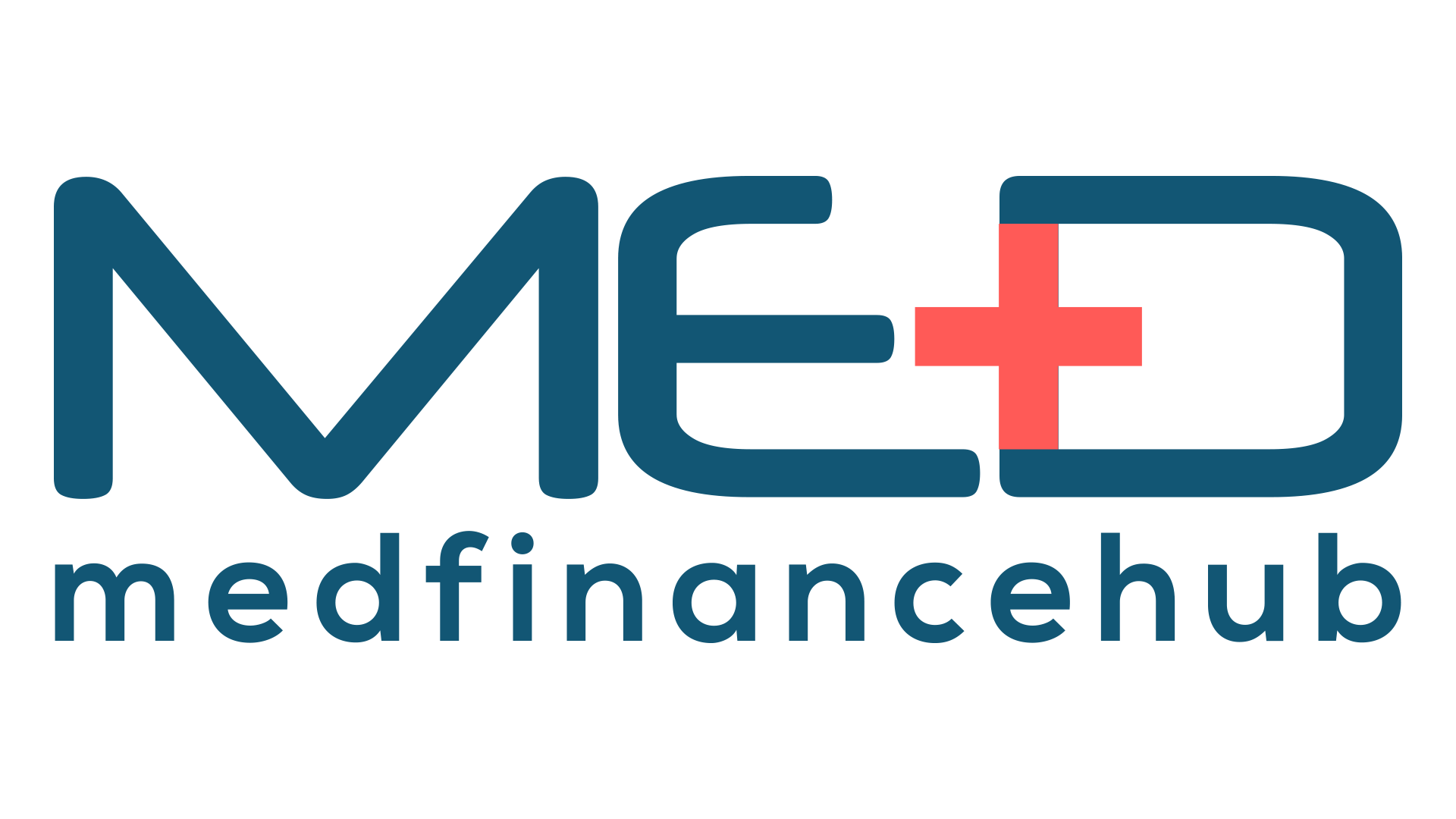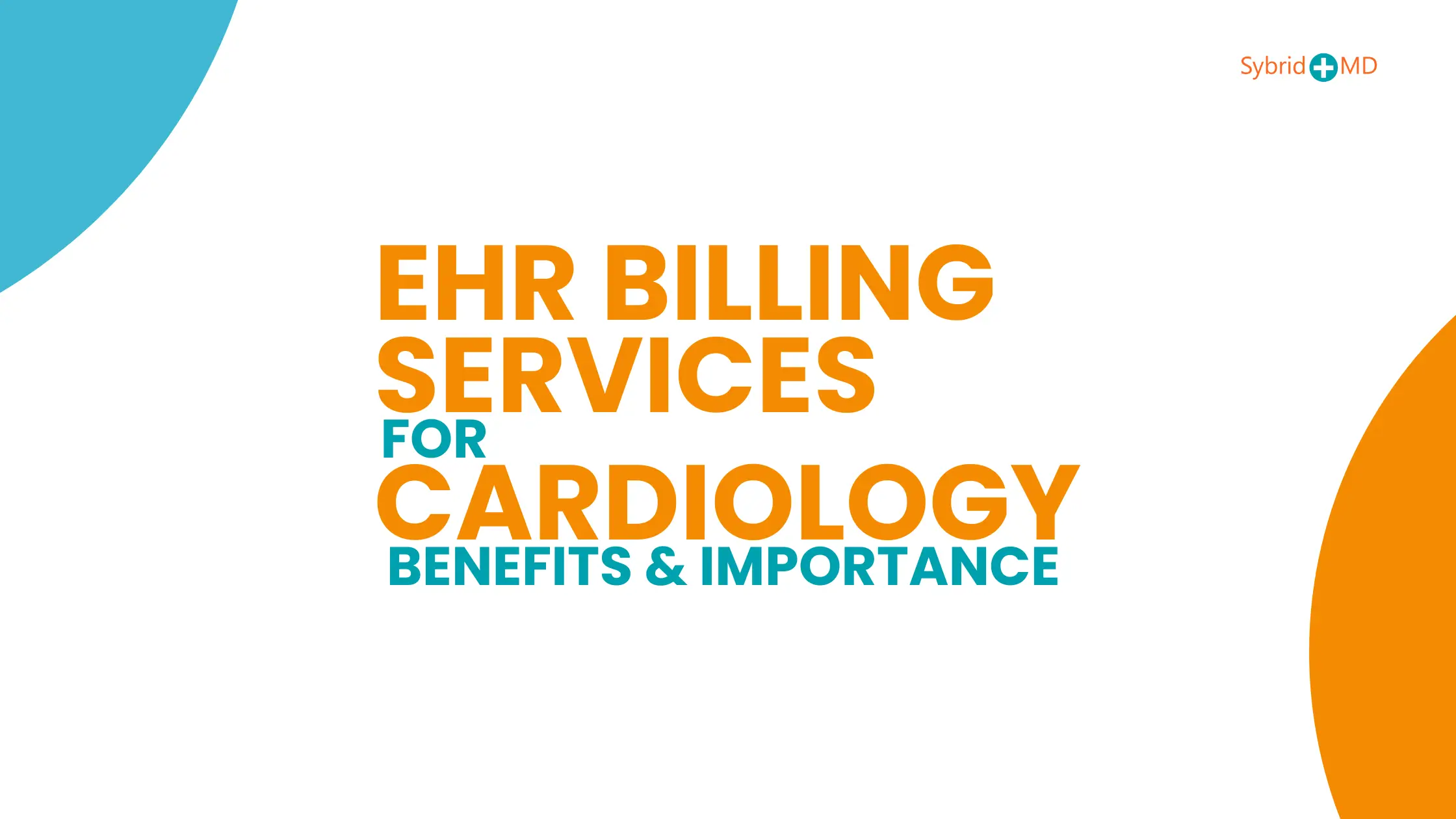EHR Billing services for cardiology are revolutionizing the healthcare industry. Understanding the basics of cardiology billing makes it easier for administrators and healthcare providers to receive accurate reimbursements. These services are tailored for cardiology practices, helping to streamline their billing, coding, and patient care processes. With advanced EHR cardiology medical coding, cardiologists can improve administrative work without sacrificing the quality of care. This article will discuss the benefits, the way of working, the best providers of such services, and how they aid in the better efficiency and conformability of cardiology billing.
What are the Benefits of EHR Billing for Cardiology?
This is challenging for cardiology practices, as these treatments and diagnostic procedures are generally more complex. Here are the benefits of using EHR billing services for cardiology:
- Enhanced Precision: Dedicated EHR cardiology medical coding can help minimize billing/code errors.
- Time Efficiency: Cardiologists have reduced time spent on administrative tasks like processing cardiac devices or conducting tests because of automated workflows and worry more about clinician needs.
- Revenue Optimization: These systems boost cash flow and profitability by minimizing claims denials and rejections.
- Compliance Assurance: By following security privacy principles you adhere to HIPAA and other regulations.
- Improved Patient Satisfaction: A seamless billing process means fewer disputes, faster claim resolution, and better patient satisfaction.
How do EHR Services Handle Cardiology-Specific Codes?
Adding cardiology actions requires precision and expertise, thanks to the sophisticated procedures and lavish billing protocols involved. Cardiology medical coding solutions for EHR are general solutions built for the high volume and often broad application of the procedures cardiologists perform to care for their patients.
- The systems come with automatic updates to ICD and CPT codes, thereby ensuring practices are compliant with the most recent regulations.
- Real-time code validation eliminates errors and helps business to submit claims accurately.
- They make it easier to bill for cardiology-specific procedures like echocardiograms, stress tests, and catheterizations, which are reported as part of the workflow. Modifiers are implemented and monitored closely to ensure that services are priced accurately.
- EHR systems not only reduce the burden on employees by automating complex processes, but they also ensure more upfront claims approval, resulting in faster reimbursements and increased cardiology practice performance. It allows accurate billing and assists with improved financial outcomes.
What Features Should Cardiology Billing Software Have?
The best cardiology EHR software is designed specifically to meet the requirements of cardiology practices, providing specialized tools that simplify workflows and improve patient care.
- A key element of this form of documentation tool is the use of customizable templates which allow user-patients to fill in preset options for standard used cardiology protocols (stress tests, echocardiograms and catheterizations, etc) to speed up their implementation while double-checking all documentation.
- Integration with diagnostic tools is equally as critical so compatibility with the echocardiogram machines should be open with EKGs and other cardiology care tools for immediate bleeding of systems.
- From an analytics perspective, having robust reporting capabilities is a must in order to do real-time analytics to keep tabs on billing performance, track trends, and catch potential issues that help inform practices with methodologies that can offer better financial management.
- Filing a claim, tracking it down, and following up is made easier with automated claims management, eliminating the administrative hassle and allowing you to get your money faster.
How Can EHR Billing Reduce Errors in Cardiology Claims?

Errors in billing can lead to denied claims, delayed payments, and financial losses. EHR billing services for cardiology mitigate these risks through:
This is revolutionary, as automating cardiology EHR systems allow for the automation of coding and billing, overcoming human limitations of manual data entry errors. This reduces the risk of error and the time staff spend on repetitive administrative tasks. Lastly, rule-based engines reduce the chances of denial by optimizing every stage of the claims process to ensure compliance with payer regulations even before submission.
- These audit trails offer detailed, transparent records of each transaction, who accessed sensitive information, and the actions taken.
- This feature comes in real handy, during audits or discrepancies as the practices can show their compliance and accuracy.
- Ensure real-time feedback features to maintain quality while coding. In the coding area error highlighting in real time.
- With functionality to detect coding changes in real time, the system enables immediate corrections before submission securing against rejections/disputes.
- These proactive measures ensure that claims are accurate, legitimate, and meet all the prevailing regulations, thus facilitating prompt reimbursements and minimal disputes.
By implementing automation, rule-based engines, audit trails, and real-time feedback, cardiology EHR systems streamline and optimize billing workflows, increase accuracy, and improve financial well-being, enabling limited resources to be reallocated to patient care and strategic expansion.
How do these Services Improve Revenue for Cardiology Practices?
The top EHR cardiology has high-tech features that facilitate maximum revenue generation by ensuring value and profitable financial operations.
1. Reduction in Claim Denials
Automated coding algorithms and error detection mechanisms within the EHRs are critical to denial reduction. With the ability to catch errors before submission, these tools help verify that payer requirements are met, saving hours of work when resubmitting denied claims.
2. Efficient Payment Posting
Timely payment posting helps streamline the reconciliation process, allowing payments to be matched to originally billed amounts more quickly. Fin invoices are accurate and incompatibilities Wilkins and the benefit of billing workflows.
3. Revenue Analytics
With enhanced revenue analytics, cardiology practices can access actionable insights into key performance indicators (KPIs) such as collection rates, claim denial trends, and days in accounts receivable. Monitoring these metrics allows practices to identify bottlenecks, create efficiencies, and enhance financial outcomes.
4. Patient Payment Options
More advanced EHR systems allow for many payment options by patients ranging from secure online portals to voice-activated payment by patients over the phone. It increases patient convenience, encourages prompt payments, and reduces amounts in arrears, thus paving the way for smooth cash flow.
All of these features working together allow cardiology EHRs to help practices stay financially sound, reduce the administrative burden, and provide superior patient care. With these insights, cardiology practices can take a data-driven approach to generating revenue and optimizing operations.
What are the Top Vendors for Cardiology EHR billing?
Whenever we talk about effective EHR billing services for cardiology, picking the right vendor is the core of the matter. Some of the most prominent vendors include:
- SybridMD: Its leading cardiology EMR solution offers automated coding, integrated diagnostic tools, real time analytics, and much more.
- Epic: Provides customizable solutions along with powerful interoperability and reporting capabilities
- Cerner: Stress scalability and interoperability with different health systems.
- NextGen Healthcare: Their platforms tend to be user-friendly and offer high-end tools for patient engagement.
- Allscripts: Offers solid support for small to mid-sized cardiology practices.
Every vendor has its upsides and we recommend practices to decide based on their specific needs
How do they ensure accurate patient billing?
In the modern healthcare landscape, efficient billing practices are crucial, especially in specialized fields like cardiology. EHR cardiology medical coding solutions reduce errors and add value by optimizing revenue with the best cardiology EHR. Papic. This will encourage the optimization of care, patient safety, and satisfaction while businesses remain financially viable by choosing the best EHR for cardiology for their practice. Learn more about top vendors like SybridMD to determine which vendor matches the unique needs of your practice.
FAQs
1. Are EHR billing services HIPAA-compliant?
Yes, EHR billing services for cardiology, by definition, comply with HIPAA regulations. These services ensure:
- It encrypts sensitive patient information in storage and in transit.
- Provides access to data only to authorized personnel.
- Maintains an audit trail of data access and modifications for accountability.
- Ensure regular application of updates and therefore compliance of software with the regulations.
- Patient trust is guaranteed, and practices are protected from legal action in the event of a data breach by prioritizing data protection.
2. How do they integrate with cardiology diagnostic tools?
A key function of the best cardiology EHR systems is integration with diagnostic tools. This functionality enables:
- Test results are automatically entered into the patient’s electronic health record.
- Links billing codes directly to diagnostic results.
- Enable immediate ruling of potential diagnostics to accurately code and bill.
- Reduces the need for manual data input, so saving time and eliminating errors.
- This allows billing processes to be in synch with those clinical activities to maximize total efficiency.
3. Can they provide real-time billing analytics?
One of the best EHRs for cardiology has a popular feature: real-time billing analytics. These analytics tools offer:
- Displays billing performance metrics at a glance.
- Identifies trends in income, denial of claims, and payer activity.
- Highlights performance improvement opportunities such as codes with low impact or overdue claims.
- Predicts revenue based on historical data and current trends.
4. What is EMR cardiology?
EMR (Electronic Medical Records) refers to the use of electronic systems to manage and store patient information related to heart health and cardiovascular conditions. It involves the digitalization of medical records, allowing healthcare providers to access, update, and share patient data efficiently.

